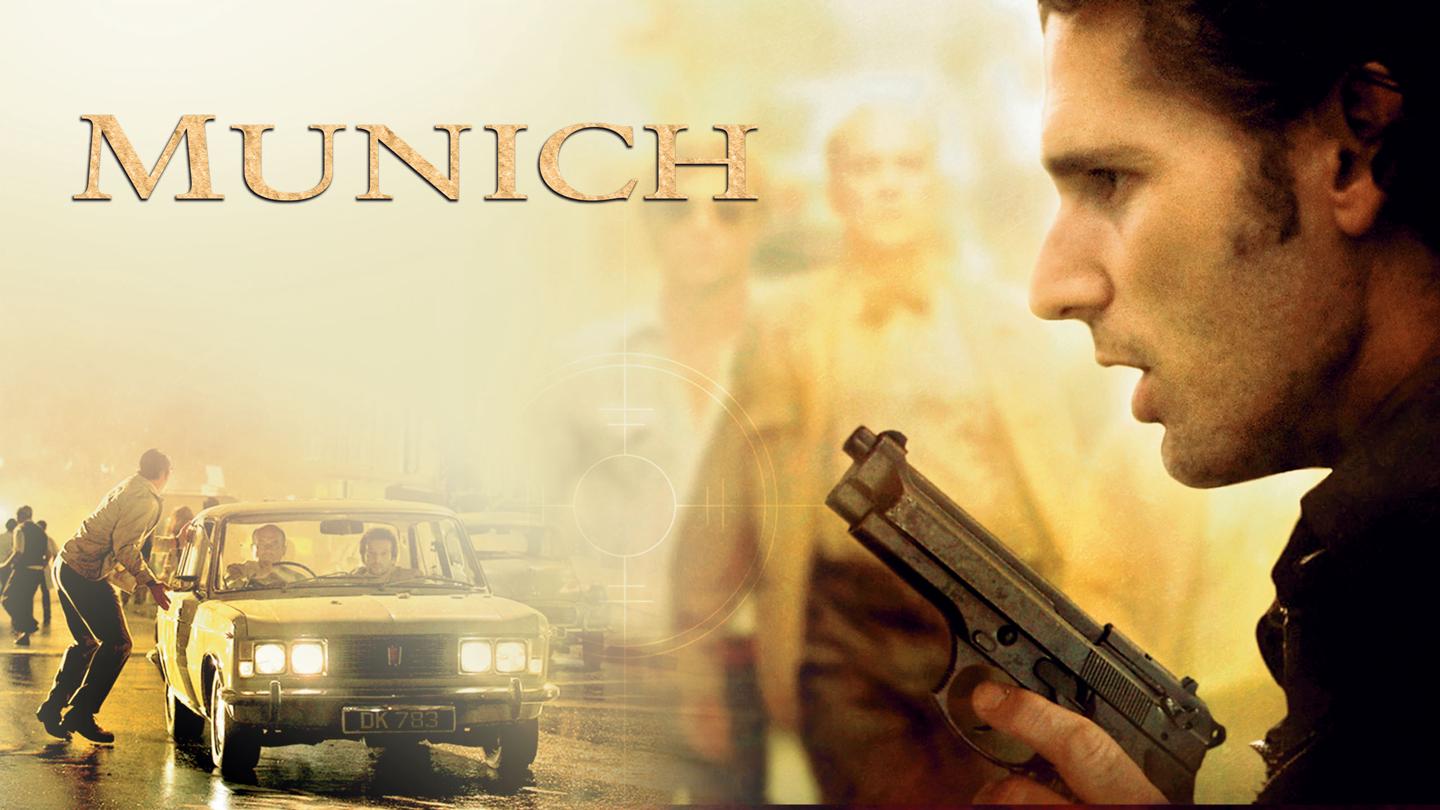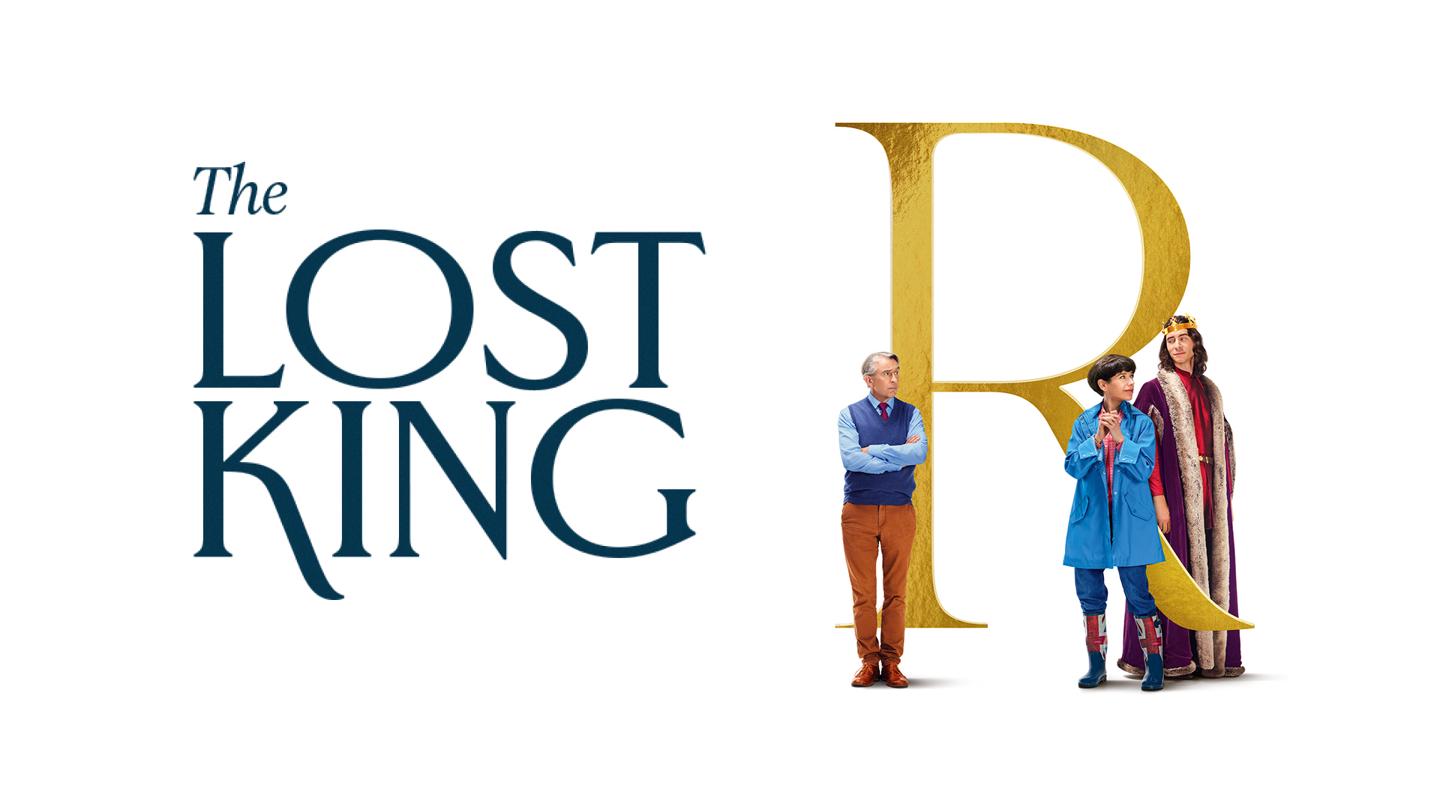
Quick Info
I have mixed feelings every time I rewatch "Munich," Spielberg’s tense historical thriller based on the aftermath of the 1972 Munich Olympics massacre. The film follows Avner, played by Eric Bana, as he leads a secret Israeli unit tasked with hunting down those responsible for the killings. It tackles heavy subject matter, and while Spielberg doesn’t shy away from controversy, he’s not interested in easy answers. That’s one thing I really appreciated — this isn’t just a revenge flick or a simple hero’s journey. It’s much messier than that.
From the jump, "Munich" is gripping. The opening scenes have an anxious, almost documentary feel. You can definitely tell Janusz Kamiński was behind the camera — his cinematography switches smoothly between handheld urgency and icy precision, especially in moments where Avner and his team are waiting, watching, almost suffocating in anticipation. This isn’t a film that lets you get comfortable. Every scene has a lived-in, raw kind of tension. Even simple conversations over dinner are thick with unspoken threat.
Eric Bana really surprised me here. Before "Munich," I mostly knew him as the guy from “The Hulk,” but here he’s subtle, haunted, totally believable as a man forced to question every choice. The supporting cast is stacked too, especially Ciarán Hinds and Mathieu Kassovitz — both evoke this nervous sense of decency lost. The actors avoid caricature, and Spielberg avoids the easy demonization, making everyone’s morals and motivations feel painfully murky.
What kept me dialed in, beyond the performances, was the way "Munich" treats violence. Spielberg lingers on the aftermath and trauma rather than just the act itself. There are assassinations, yes, but they’re never clean or triumphant. One particular scene involving a bomb and a telephone is stomach-turning, not because of gore, but because the tension is so thick you feel like you’re right there, heart pounding for the people on both sides of the wire.
That said, this is a heavy movie that sometimes strains under its own ambitions. The pacing can get sluggish. At nearly two and a half hours, there are moments when you wish Spielberg would get on with it instead of hammering the same point about morality and doubt over and over. There are dream-like flashbacks woven throughout, meant to underscore Avner’s inner turmoil, but after a while they pull focus from the main narrative.
Tonally, "Munich" is unrelenting. There’s almost no humor, and not much of a sense of relief. Some might find it too bleak or emotionally distant. I wouldn’t call it "fun" or even cathartic. Even the big moments feel muted by Spielberg’s refusal to play anything as pure spectacle. It’s all coated in unease, which is both the film’s strength and, for some viewers, its weakness.
Historically, "Munich" courts controversy. It’s based on real events, but it’s not a documentary and sometimes plays it loose with facts to keep the psychological cat-and-mouse game rolling. If you’re a purist for historical accuracy, you’ll probably want to do some reading after. But for all its narrative liberties, the emotional truth rings clear: how violence repays itself, and what it really costs the people who wield it.
Overall, "Munich" is a tough, sobering watch. It’s not quite as tidy or moving as Spielberg’s best, but it’s a lot braver than people give it credit for, and I respect how much it refuses to moralize or paint its heroes and villains in black and white. If you’re in the mood for history as a gut punch rather than history as an inspiring lesson, it’s worth your time — just be prepared to sit with it uncomfortably afterward.
The R8 Take
"Munich" isn’t easy to watch, but it hits hard where it counts. If you connected with "Zero Dark Thirty," this will give you the same uneasy feeling in the pit of your stomach.

